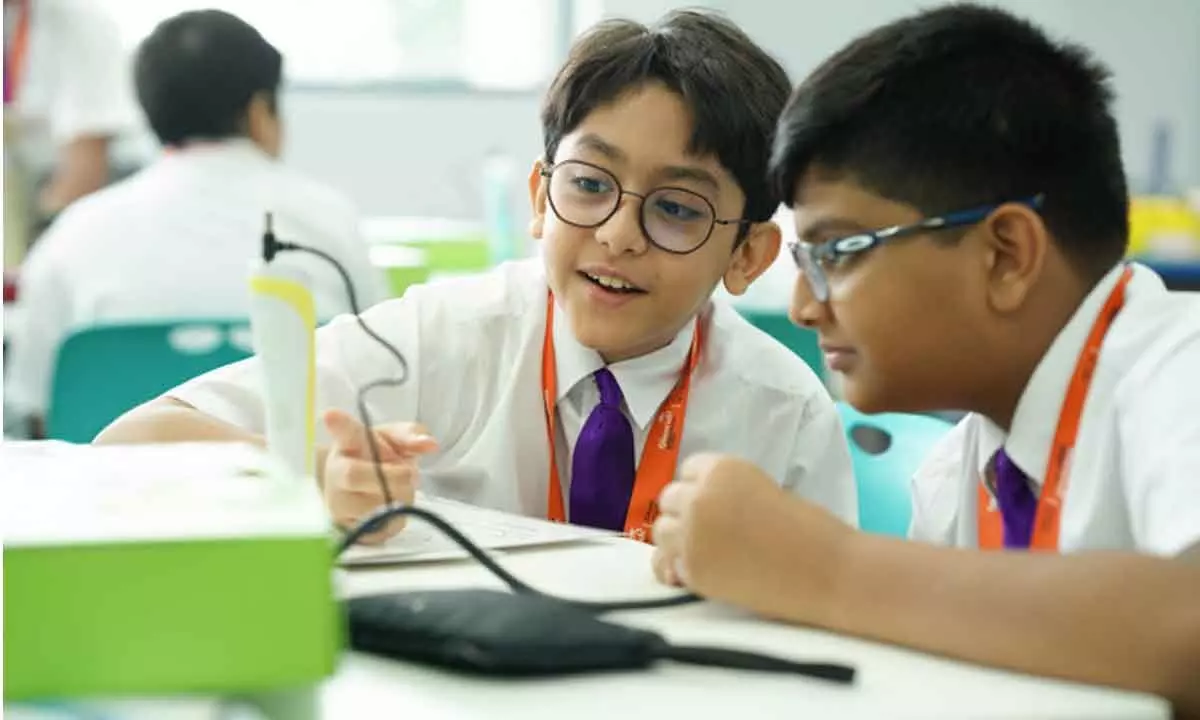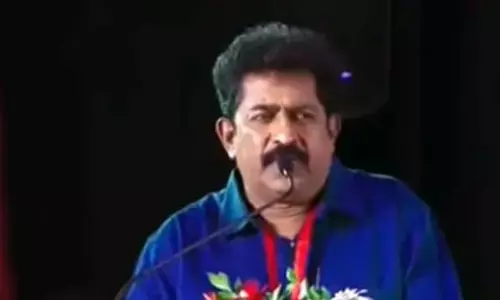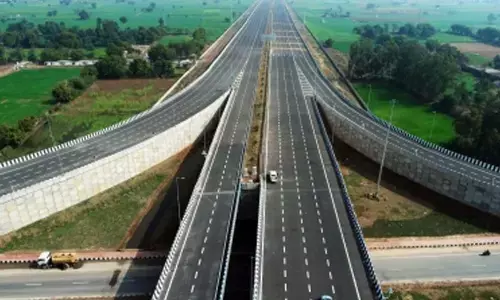Going beyond textbooks spurs a new way of learning

The examination season has set in. Stress is palpable at homes of students. Many parents vouchsafe their wards study hard, but fare poorly in exams. Exam stress is real and an acute challenge. The young minds tend to recall partly or nil in time. Sadly, we hear of some students taking their lives, unable to bear the pressure of nerve-wracking preparation in the cut-throat race to the top.
While exam anxiety can be overcome with help and guidance, in India, it has long been a major complaint that a major drawback of our education system is its overemphasis on rote learning, also well known as mugging up. Students get little time to grasp and internalise concepts. They feel constantly drained of energy, having to commit to memory so much information. The Indian education system has acquired notoriety for its emphasis on factual information rather than authentic grip on the subject. It is disquieting that this has been in vogue at all levels of academic life. In a fear-stricken environment, learning takes a hit, and hugely for many pupils.
Rote learning is memorising information through a series of repetitions. Though, it is found to be effective in initial stages, and for memorising facts, formulae, historical dates, etc., as it extends across disciplines, its banality and burden rob the students of a clear understanding of concepts or knowledge. The Indian student is not helped by the system to develop critical thinking faculties, which are so critical in today’s increasingly knowledge economy.
It is welcome that the education boards are beginning to appreciate the necessity to move away from traditional testing towards competency-based assessments of critical thinking and mastery rather than rote memorisation. Recently, there was a heart-warming news of CBSE bid to experiment with the open-book examinations (OBE), to promote innovative thinking among students – in line with the National Curriculum Framework. The Board is said to be in plans for a pilot run of the OBE at select schools for classes 9 to 12 this year. However, there is no plan to adopt the format in board exams.
In the OBE format, students are allowed to bring along notes, texts or resource materials. Questions have reference to the written material. They do test memory, but largely require the pupils to apply comprehension, application, and critical thinking skills. The success of the trial will enthuse the Board to consider the OBE for annual examinations. This will pave way for the government to roll out the format for the entrance examinations as well, aka the Advanced Placement (AP) exams for US college entrance, which are known for their clarity and quality. They are reputed for nearly accurate measurement of how well the students have mastered the content and skills of a specific subject. The OBE is akin to doing your home work in the evening, by consulting textbook or other material – the major difference is TIME. It is very important, here, to appreciate that the OBE does not intend to make it easy for the students. It only relieves them of the burden of rote learning. There will not be any fear of forgetting, though. The students are required to learn beyond facts and definitions. It will be a challenge for the teachers, too, for no direct questions could be framed as has been the case.
With internet came the explosion of information. Now, the advent of AI threatens to upend workplaces and cause huge disruption. People will have to excel better than machines, bringing forth critical thinking and creative applications of knowledge. The OBE will be a wonderful idea to begin with. It promises to promote learning in the context of daily life.









